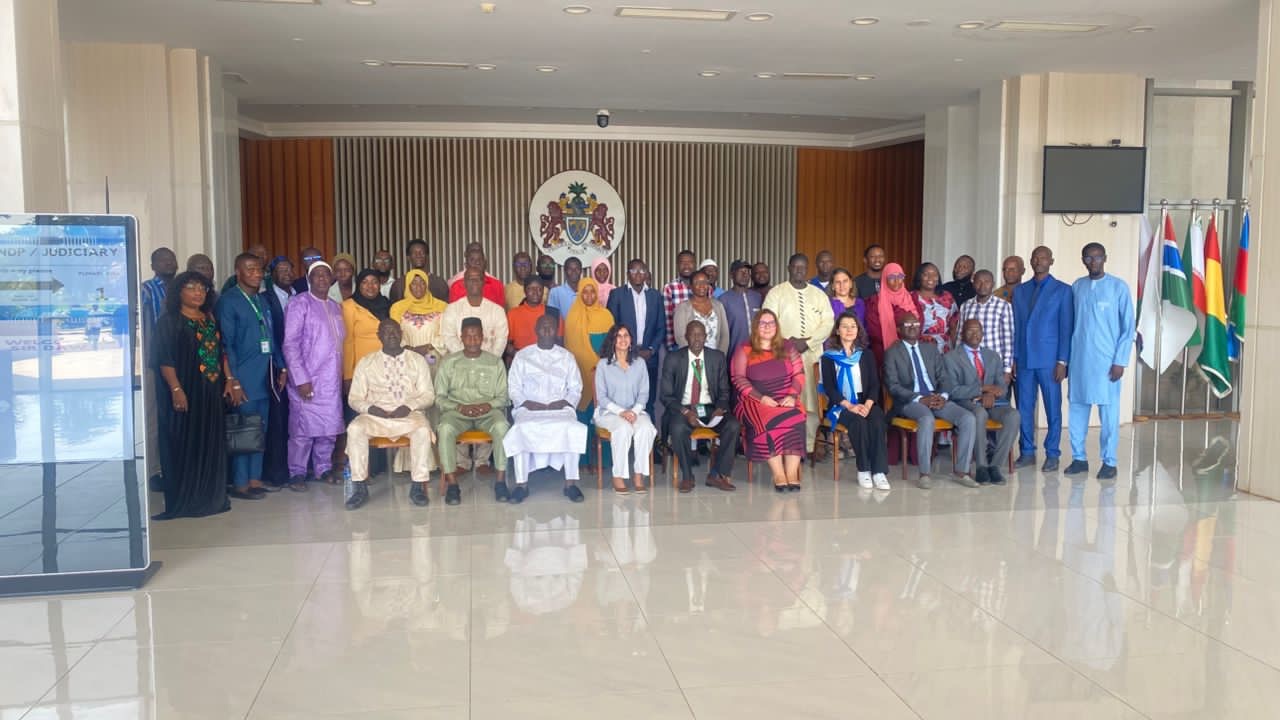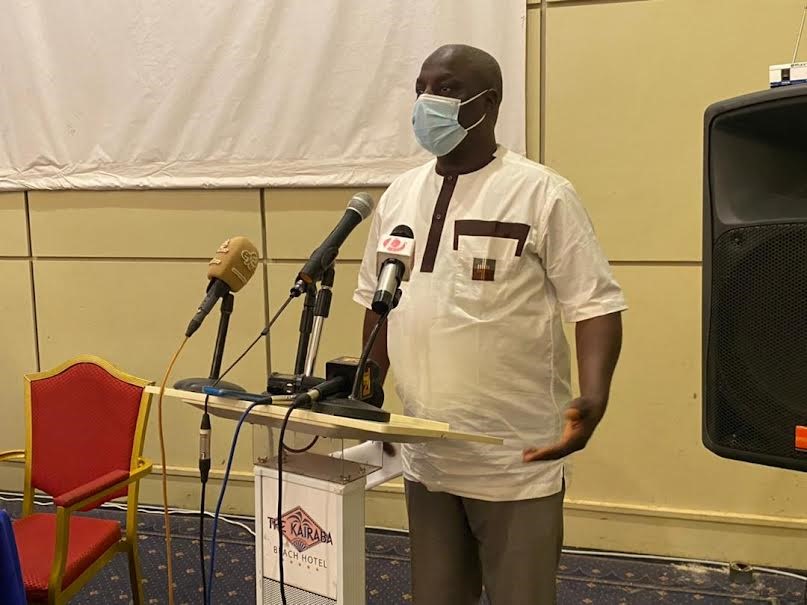By: Isatou Sarr
The government of The Gambia, through the National Environment Agency (NEA), has received the United Nations Environment Programme’s (UNEP) support to develop a US$12.5M project funded by Global Environment Facility (GEF) for Least Developed Countries Fund (LDCF).
The event was held at the Sir Dawda Kairaba Jawara International Conference Centre in Bijilo on Thursday.
The Gambia coastal regions, particularly the Greater Banjul Area (GBA), face increasedflooding, erosion and environmentaldegradation due to climate change. Rapid urbanization has compounded the region’s vulnerability with communities exposed to rising sea levels and extreme weather events.
Dr. Dawda Badgi, the Executive Director of NEA, said the principal aims of this project are to build climate resilience by scaling investments in ecosystem-based adaptation and sustainable urban planning through inclusive and transformative approaches, as well as addressing immediate vulnerabilities while fostering long-term climate resilience and sustainable development for The Gambia as a country.
He added that the Gambia government has shown “full-time” commitment to the protection of the environment as a vital component of sustainable development, adding that in line with that commitment, the country has partnered with development partners such as GEF and UNEP to support the implementation of the project in the country.
“In view of the dynamic and complexity of the environment in which we live, it is very important for all to be part of this process so that we can work together to ensure this project reflects on current realities at national and global levels, particularly in our urban settings,’’ remarked Dr. Badjie.
Ms Atifa Kassam Manji, project manager of UNEP, stated that as the world celebrates the future in an ever-warning globe in Baku at COP 29, the world is faced with the reality that people are not still doing enough to reduce emissions and the most vulnerable countries must look up to adapt.
“The latest adaptation gap report produced by UNEP cites that the adaptation still needs improvement, given the scale of the challenge.Bridging this gap will require innovative approaches.’’
Ms. Manji pointed out that building urban resilience needs integrated planning, risk assessment and management, infrastructure resilience and community engagement by empowering local communities.
“Urban Ecosystem-Based Adaptation (EbA) encompasses all those elements using native and ecosystem to work for us and provide useful services to help build resilience,” she added.





